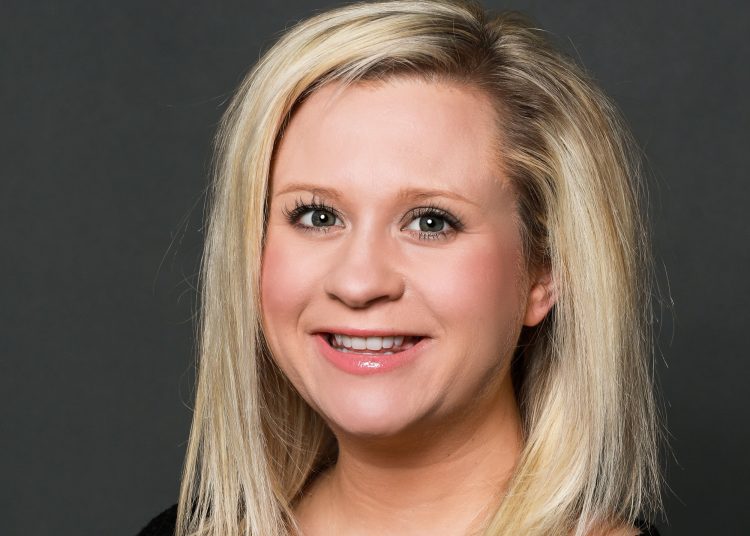In late March, the Iowa Senate Ways and Means Committee released a proposal to change Iowa’s property tax system by having the state assume all costs when it comes to mental health services while also eliminating the mental health property tax levy. This is not the first time a major change in how mental health services are funding in Iowa has been proposed. While there have been many proposals for change, only a few have actually been implemented.
Before 1995, the responsibility for providing mental health and intellectual disability services fell entirely on counties. While the state had established specialized facilities to provide services to those with mental illness or an intellectual disability, the decision and cost to have a person cared for in these facilities fell to counties.
In 1995 the Legislature passed Senate File 69, a major property tax reform proposal that created a state-county partnership for the funding of mental health services. Under Senate File 69, the mental health levy was capped at $214.2 million statewide. To reduce the impact on property taxpayers, the state committed to providing 50% of the money for mental health services in Iowa and any future growth. In return for this, counties had to reduce their mental health levy in half and cap total possible collections from it.
When this went into effect in 1995, there was significant variation in the amount of the mental health levy. They ranged from $0.43 per $1000 of assessed valuation in Dickinson County to $3.15 per $1000 in Wapello County.
Another part of the bill was steps to professionalize the management of county mental health services. Prior to 1995, most decisions about who received services were made by the Board of Supervisors. Senate File 69 changed the system, by creating a central point of coordination office in each county. This office is in charge of most aspects of mental health services in a county from intake to rate negotiation and case management. Development of CPC system may be the most successful part of Senate File 69, as it has allowed counties to better manage the system while allowing the state to have a better understanding of who is being served and the cost.
Beginning in Fiscal Year 1996, the state started paying 50% of a county’s capped levy amount and any growth in the system. While this worked for a while, there always a battle over the amount of growth. Counties were still free to determine which mental health and intellectual disability services they would provide to their citizens. For counties providing a larger array of services, there was constant pressure to get the state to provide a larger amount of growth into the system. By the time Chet Culver was governor, the distribution of growth dollars had become so distorted that only a few counties were receiving them.
In 2011, there was a renewed commitment to reforming the mental health system. Over the course of the 2011 and 2012 sessions, a bipartisan redesign of the state’s mental health system was developed and approved by the General Assembly. The redesign focused on four themes:
- Transforming the management structure for mental health services, by having counties creates regions to share services and staffing;
- Revising the basis for determining which county was financially responsible for payment;
- Establishing core services that would be made available throughout the entire state; and
- Providing equity in funding across the state.
With regard to funding, two major changes happened with that bill: The amount of a county’s mental health levy would be calculated on a per capita amount. Under the new system, a county could not assess above a level that equaled $47.28 per person in the county. For many counties, the expenditure cap kept their per capita levy calculation below the $47.28 cap. Through this calculation the amount levied statewide for mental health went down $10 million. The other major change was that the state would provide an equity payment to bring counties with lower levy amount up to the statewide average.
The financing changes enacted in 2012 were revised again in 2013 with the adoption of Medicaid expansion. The creation of the Health and Wellness program in DHS included a major shift in who was responsible for paying mental health costs. Instead of the state continuing to provide the mental health property tax relief payments to counties, responsibility for paying the cost of mental health services to Medicaid-eligible Iowans would be placed with the state. The shift meant the state would be pay the $240 million in annual Medicaid costs for mental health services, using the $190 million of funds given to county mental health programs to fund this expense. Counties would use their remaining levy authority to fund the cost of services to those who were not Medicaid eligible.
This process went unchanged until the 2017 legislative session, when the Legislature addressed levy inequity within mental health regions. County mental health levies were revised by equalizing the tax levied by each county in the region and setting a regional per capita cap. The cap remained $47.28, but it allowed for some counties to adjust their property tax rate while staying within the regional cap.
Two things that have remained constant throughout the past 25 years – battles over the amount of reserves counties have in their mental health funds and the cap on the mental health levy.
All along, counties have been allowed to maintain reserve funds to address fluctuations in cost and coverage numbers. But the amount has been vexing to policy-makers, as the statewide total has often exceeded $100 million. In 2017, the Legislature decided to place a cap on the amount a county could have in reserve – no more than 20 percent of gross expenditures for a county with population at or above 100,000 and no more than 25 percent for those counties with populations below 100,000. Beginning in 2018, counties were to have three years to spend down their reserves to the corresponding level.
As for the cap on expenditures, it has provided the desired effect in many counties. With rising property valuations and a cap on how much can be collected via the mental health levy, the amount levied on a property has generally declined since the cap’s implementation in 1995. While the mental health levy rate in Wapello County was $3.15 in 1995, it is currently $1.35 and was as low as $0.66 in FY 2019. Other counties may not have seen as significant of decline, but according to the Legislative Services Agency only Appanoose and Wapello counties currently have a mental health levy rate above $1.00 per thousand of assessed valuation. The lowest current levy rate continues to be Dickinson county, with a rate of $0.18 per $1000.
As it has been for so many years since 1995, the 2021 legislative session will not be complete without a debate on mental health. We need to make progress here and I am hopeful we can continue to build on those efforts.

















